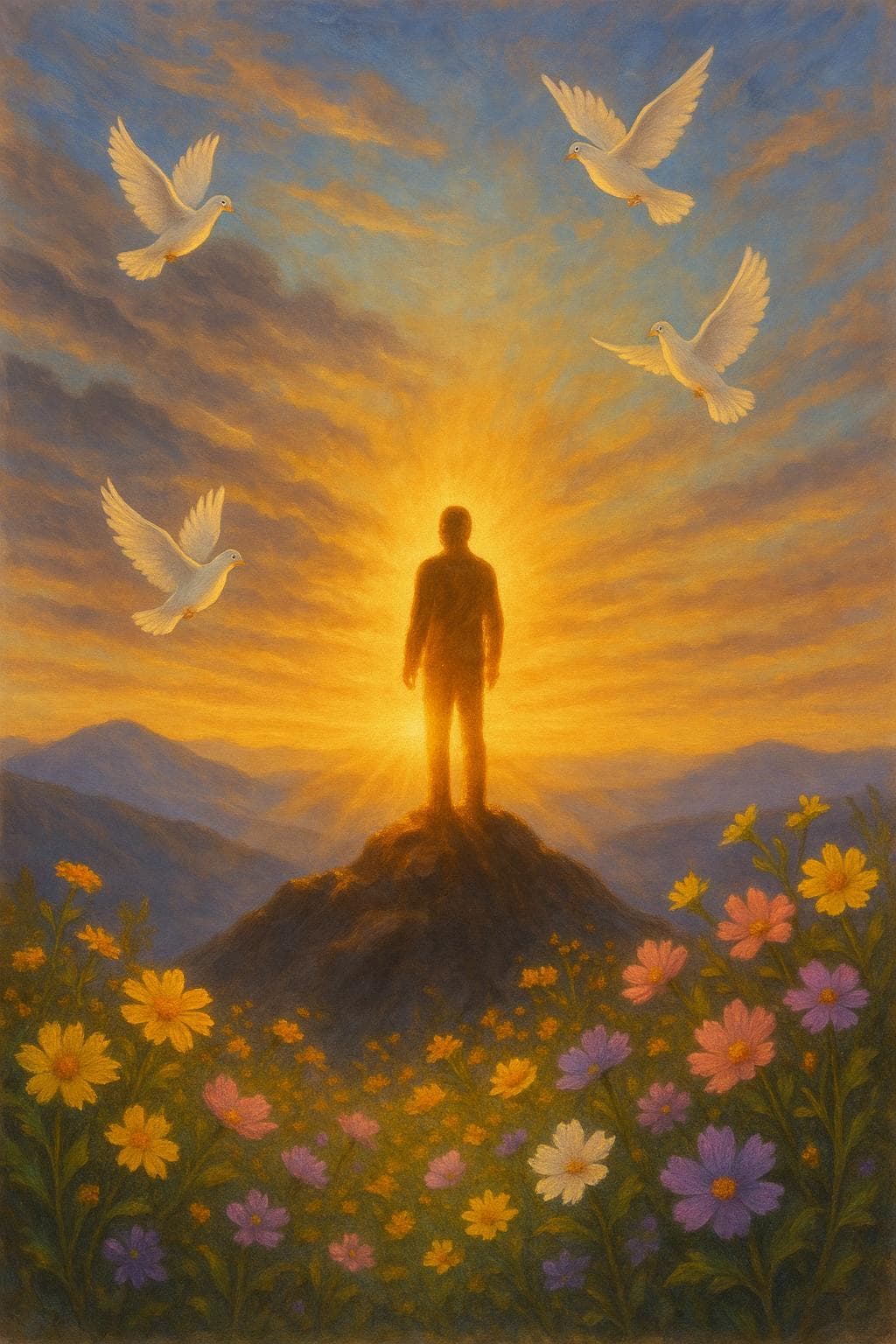Forgiveness as the Pathway to Personal Liberation

Forgiveness liberates the soul. — Nelson Mandela
—What lingers after this line?
One-minute reflection
What does this quote ask you to notice today?
Mandela’s Perspective on Forgiveness
Nelson Mandela’s declaration that ‘forgiveness liberates the soul’ was born from extraordinary personal experience. After spending 27 years in prison under South Africa’s apartheid regime, Mandela emerged not embittered, but determined to reconcile a divided nation. For him, forgiveness was not merely an abstract virtue—it was a practical necessity for personal freedom and collective healing.
Breaking the Chains of Resentment
Resentment, Mandela believed, is like drinking poison and expecting it to harm your adversary. Holding onto past grievances imprisons the heart in bitterness and anger. Forgiveness, by contrast, breaks these internal bonds, allowing individuals to reclaim their peace and agency. This insight underpinned Mandela’s approach to transitioning South Africa toward democracy without sliding into civil conflict.
Historical Precedents for Forgiveness
Throughout history, leaders have recognized forgiveness as essential for social progress. In the wake of World War II, Germany’s process of Vergangenheitsbewältigung (coming to terms with the past) embodied collective forgiveness and memory, helping the nation rebuild. Similarly, the American civil rights movement, shaped by figures such as Martin Luther King Jr., emphasized forgiveness as a catalyst for social change.
Psychological Benefits of Forgiveness
Transitioning to contemporary science, psychologists have shown that forgiveness brings measurable health benefits. Studies published in the ‘Journal of Behavioral Medicine’ reveal that people who actively forgive enjoy lower stress, reduced depression, and even improved immune function. Thus, Mandela’s insight about liberation extends beyond metaphor—it is supported by empirical evidence.
Forgiveness as a Foundation for Reconciliation
Ultimately, forgiveness extends outward, fostering reconciliation on both personal and societal levels. South Africa’s Truth and Reconciliation Commission, inspired by Mandela’s example, provided a space for truth-telling and forgiveness, enabling a fractured society to begin healing. In this light, forgiveness is not forgetting or condoning wrongdoing—it is a courageous step toward a future unhindered by the burdens of the past.